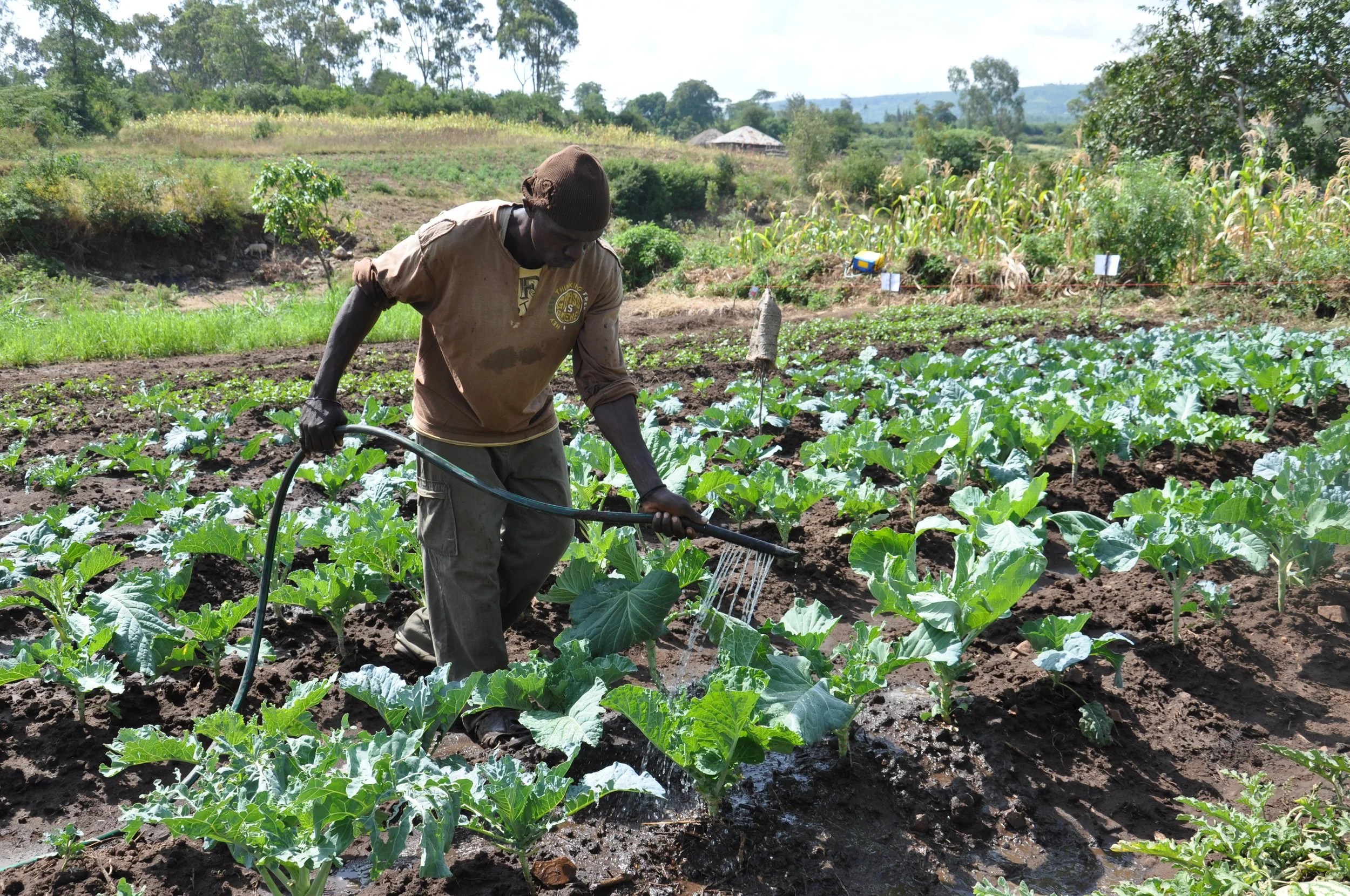Farmers and finance - how did Sunak do at COP27?
COP27 is ongoing in Egypt this week, with Rishi Sunak – after saying he wouldn’t attend – finally deciding to make an appearance just days before it began. Given this inauspicious start, it’s not hugely surprising that the new PM’s appearance has been underwhelming.
The UK is one of only a few countries that has so far submitted an updated emissions reductions plan to COP27, something all countries agreed to aim for at COP26 last year in Glasgow. But the UK’s plan fails to increase ambition on emissions reductions.
Leading up to COP27, it was also revealed that the UK faces a $1.4bn annual gap in its ‘fair share’ contribution to the long-standing – and as yet unmet – goal of $100bn annual climate finance target. This money is essential to help developing countries cut emissions and adapt to climate change.
Instead, Sunak’s big announcements at COP27 were that the UK will deliver money it has already promised, with no mention of loss and damage. Alongside hitting the existing climate finance target, additional money for loss and damage – climate impacts that are impossible to adapt to – is a key demand for climate vulnerable countries.
Why is climate finance so important to a trade charity?
The UK Government is keen to tout its success in cutting emissions by 44% since 1990, but this excludes ‘consumption emissions’ – those released in the production of goods overseas that are then imported to be consumed in the UK. If counted, these would bring our emissions cuts down to just 15%. ‘Offshoring’ emissions in this way to countries where costs are lower shifts the responsibility and cost of transition onto lower income countries.
These countries will need much higher levels of climate finance – alongside reforms to global trade rules on ‘intellectual property’ that block the adoption of green technologies across the Global South – if global emissions are to be brought down. A genuine commitment to climate finance from richer countries will also be key to boosting net zero ambitions across big-emitting middle income countries.
Climate finance is vital for farmers across the Global South
At Transform Trade, we work with smallholder farmers across the Global South selling to local and global markets, and who are increasingly struggling against changing weather patterns, drought and floods. These farmers are essential in feeding populations and providing incomes for communities, and are some of the worst impacted by climate change globally. Climate finance will be vital to support their work to adopt crops and methods that can withstand climate impacts.
Smallholder farmers also represent a powerful weapon against climate change. They are leading the way in ‘agro-ecological’ farming – methods that protect tree cover, mix crops and put organic matter back into the ground, meaning less carbon in the atmosphere, more productive soil with less need for fossil fuel intensive fertilisers, and soil that is more resilient to floods and droughts. These methods emphasise local knowledge and diversification, and closely align with the development of farmer collectives that allow smallholders to get a better price for what they produce.
Pressure for climate finance is working – slowly
One positive sign at COP27 was the UK’s announcement of an increased share of climate finance for adaptation, with money specifically pledged to the African Development Bank (AfDB) for loans to support farmers building climate resilience. The UK Government must now work alongside its partners in the AfDB and other global climate funds to ensure programmes are designed in consultation with smallholders, and that the money reaches them.
Beyond climate finance
And there’s a lot more the UK Government could do on trade and climate, from demanding progress on climate in trade deals with other countries, to pushing for reform of global trade rules that block climate action. Beyond the COP process, decisions will be taken at the World Trade Organisation (WTO) and in bilateral negotiations that will shape the future impact of trade on our climate for better or worse.
If the Government is to deliver on its promise to keep 1.5 degrees in play – the goal of last year’s UK COP summit – we urgently need to see a much higher level of commitment to climate in every one of these forums from Sunak.

